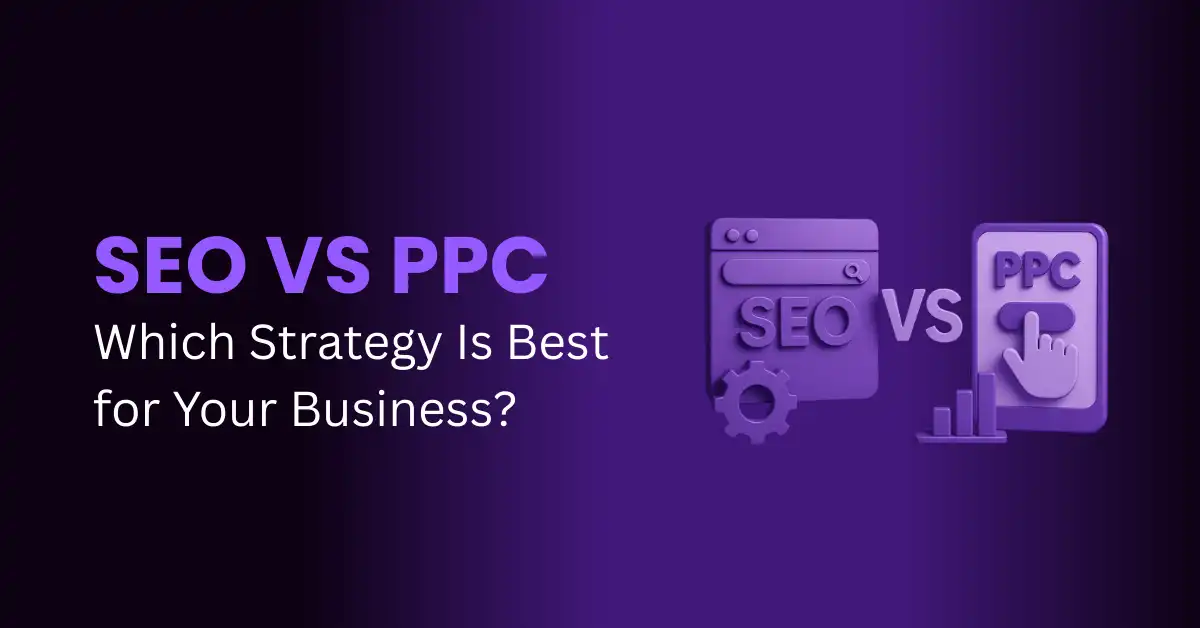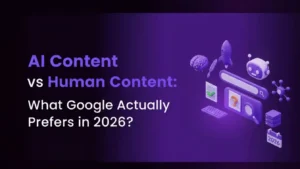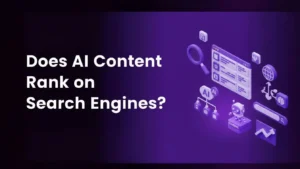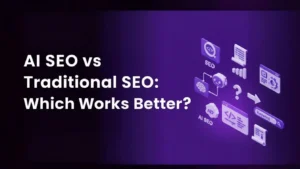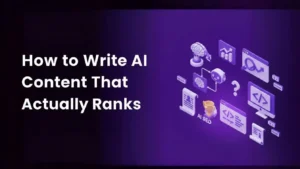In today’s competitive digital landscape, businesses must adopt the right marketing strategy to stay ahead. The two most effective strategies are SEO (Search Engine Optimization) and PPC (Pay-Per-Click) advertising. Both have their merits, but understanding which one works best for your business depends on your goals, budget, and audience.
In this blog, we’ll explore SEO vs PPC Which strategy is best for your business? We’ll dive into the pros and cons of both, comparing their effectiveness in terms of organic traffic, paid search, and overall marketing ROI. By the end, you’ll have a clearer idea of which strategy suits your business needs.
What is SEO?
SEO is a digital marketing strategy aimed at increasing your website’s visibility in search engine results pages (SERPs) without paying for ads. By optimizing your content, structure, and backlinks, your website can rank higher on platforms like Google and Bing. Organic traffic—visitors who land on your site through unpaid search results—is the primary benefit of a solid SEO strategy.

Advantages of SEO:
- Cost-Effective: SEO may take time to build, but once established, it generates free organic traffic.
- Sustainable Results: Unlike PPC, where your traffic stops once you turn off the ads, SEO brings long-term benefits.
- Trust & Credibility: Appearing in organic search results builds credibility with your audience.
Disadvantages of SEO:
- Time-Consuming: It may take several months for SEO efforts to yield noticeable benefits.
- Constant Updates: SEO is affected by search engine algorithm changes, requiring continuous optimization.
For small businesses with limited budgets, SEO is often the go-to strategy. If you’re considering SEO vs PPC for small businesses, SEO provides a sustainable way to build a loyal customer base over time.
What is PPC?
PPC, or Pay-Per-Click advertising, is a form of online advertising where you pay every time someone clicks on your ad. These ads typically appear at the top of search engine results pages (SERPs) and can target specific keywords, demographics, and locations. Platforms like Google Ads, Facebook Ads, and Bing Ads allow businesses to implement PPC campaigns effectively.

Advantages of PPC:
- Immediate Results: Once your ad campaign is live, you can start generating traffic and conversions almost instantly.
- Targeted Audience: You can narrow down your audience by demographics, location, interests, and behavior.
- Scalability: PPC campaigns are easily scalable depending on your budget and goals.
Disadvantages of PPC:
- Costs Can Add Up: The more competitive your industry, the higher the cost-per-click (CPC). PPC can become expensive quickly.
- Temporary Results: Traffic stops the moment you pause your ads, unlike SEO, which continues to bring in visitors.
For businesses that need quick wins and have a dedicated budget for online advertising, PPC is often the preferred choice.
SEO vs PPC: Key Differences
Now that we’ve covered the basics of both strategies, let’s compare SEO vs PPC in several important areas:
1. Cost
- SEO: While SEO involves costs related to content creation, technical optimization, and possibly an SEO specialist, it doesn’t require direct payments to Google or other search engines. After you’ve completed the initial preparation, organic traffic is practically free.
- PPC :Each time an ad is clicked, you are charged. While PPC can generate quick results, the cost-per-click (CPC) can rise sharply depending on the competitiveness of your industry.
2. Results Timeline
- SEO: SEO is a long-term strategy. It takes time to climb the search engine rankings, but once you’re there, it can be incredibly rewarding. Patience is key.
- PPC: PPC produces immediate results. Within hours or days of starting your campaign, you can see traffic. However, the results are short-term and last only as long as your ad budget does.
3. Audience Targeting
- SEO: You can’t target specific demographics directly with SEO, but your content will naturally attract users based on the keywords they search for.
- PPC: PPC offers advanced targeting options, allowing you to focus on specific audiences by age, gender, interests, and location. This level of granularity is a huge advantage for businesses looking for direct engagement.
4. Trust and Credibility
- SEO: Your credibility rises when you rank well in search engines organically. Users trust organic search results more than paid ads, viewing them as more authoritative and unbiased.
- PPC: While ads can be effective, some users may be skeptical of clicking on paid listings, particularly if they’re aware that they’re being advertised to.
SEO vs PPC for Small Businesses
Small businesses often face a unique dilemma when choosing between SEO and PPC. SEO vs PPC for small businesses hinges on various factors, such as budget constraints, target audience, and industry competition.
When to Choose SEO:
- if your goal is to increase organic traffic over the long run.
- When you have a limited budget but can afford to wait for results.
- If you’re looking to build trust and authority in your industry over time.
When to Choose PPC:
- if you want rapid traffic and outcomes.
- When you have a budget to invest in online advertising and can sustain it.
- If you wish to publicise deals or occasions that expire soon.
Blending SEO and PPC for Maximum Marketing ROI
For many businesses, the choice between SEO and PPC isn’t an either/or decision. In fact, blending both strategies can provide the best of both worlds, maximizing your marketing ROI.
How to Integrate SEO and PPC:
- Keyword Research Synergy: Use PPC campaigns to discover high-performing keywords and then integrate them into your SEO strategy for long-term optimization.
- Remarketing: After attracting visitors through SEO, use PPC remarketing campaigns to re-engage users who didn’t convert on their first visit.
- Data-Driven Decisions: Analyze data from both SEO and PPC campaigns to understand user behavior and preferences, and adjust your strategies accordingly.
For example, a small business could start with PPC to gain quick traction and visibility, then shift focus to SEO for sustained growth over time.
SEO vs PPC: Which is More Effective for Different Industries?
Different industries may benefit more from one strategy over the other. Here are some examples:
E-commerce:
For e-commerce businesses, PPC can be extremely effective, especially for seasonal promotions or launching new products. SEO, on the other hand, helps build organic credibility and improve search visibility over time.
Local Businesses:
Local businesses often benefit more from SEO, especially if they’re focused on location-based keywords. Ranking high in local SEO can generate a steady flow of organic traffic. However, PPC can help quickly boost traffic for specific promotions or events.
Service Providers:
Service-based businesses may benefit more from SEO in the long run, as it builds trust and authority. However, PPC is useful for targeting specific audiences, particularly if your services are specialized.
Conclusion: Which Strategy is Best for Your Business?
When deciding between SEO vs PPC, there’s no one-size-fits-all answer. Each strategy has its strengths and weaknesses. Your decision should depend on your business goals, budget, and timeline.
If you’re looking for quick wins and have the budget to spend on paid search, then PPC might be the way to go. If you’re aiming for long-term sustainability and want to build organic visibility, then SEO is the better option. For most businesses, combining both strategies delivers the best results, providing immediate traffic and long-term growth.

